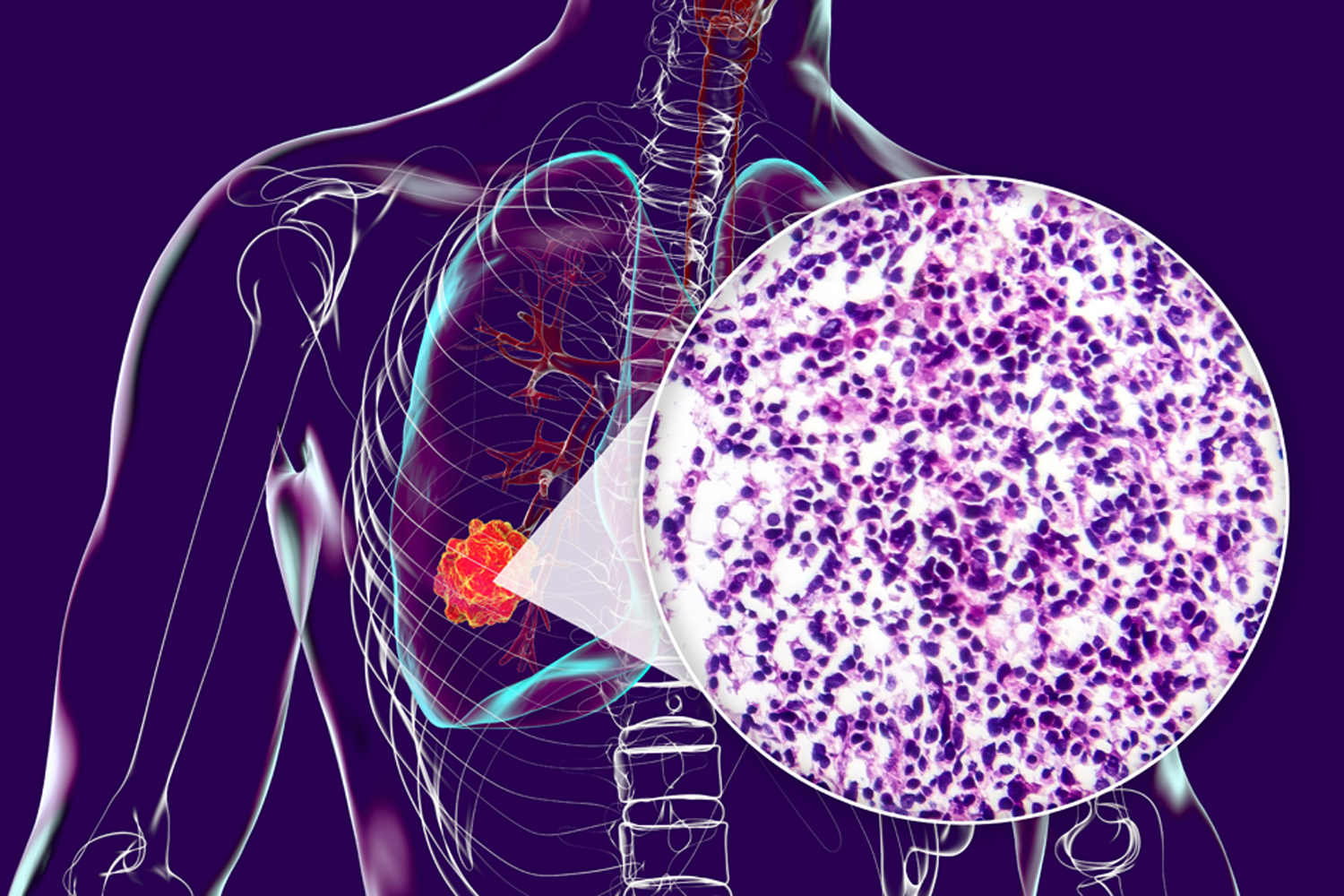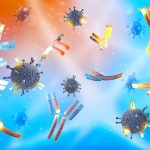-
Federal Support for Cancer Research Takes the Stage at AACR Annual Meeting
Scientists and former administrators gather for session focused on advocating for cancer research in uncertain times.
by Kevin McLaughlin
-
Forward Look
Controlling Cancer Without SurgeryImmunotherapy can induce a complete response in some people with mismatch repair-deficient cancers.
by Thomas Celona
-
Alleviating Skin Side Effects in Colorectal Cancer
A clinical trial finds a topical gel can decrease acneiform rash and improve quality of life in people being treated for colorectal cancer.
by Thomas Celona
-
At-home Prostate Cancer Test May Help Some Men Avoid Biopsy
The test, which analyzes urine for 18 cancer-specific genes, ruled out the need for biopsy in men with elevated PSA without a digital rectal exam.
by Sandra Gordon
-
Melanoma Risk in Childhood Cancer Survivors
People treated for childhood cancer found to have twice the risk of developing melanoma as an adult.
by Cameron Walker
-
Online Second Opinions
More than half of patients who participated in a program offering online second opinions were recommended a change to their treatment plan.
by Eric Fitzsimmons
-
Treatment Lags Behind Guidelines for Many Men With Prostate Cancer
Guidelines for treating advanced prostate cancer changed in 2017, but a recent study indicated many patients were not being treated accordingly.
by Laura Gesualdi Gilmore
-
From the Editor-in-Chief
Radiation Therapy in a FLASHShorter, more intense radiation regimens may be as effective as traditional treatments, with greater convenience for patients.
by William G. Nelson, MD, PhD
-
Forward Look
The Power of PatternsEpidemiologist Scarlett Lin Gomez explains how a new study aims to better understand cancer risk among Asian Americans.
by Kris Conner
-
Forward Look
A Treatment for Cancer CachexiaAn experimental antibody helped people recover body mass lost due to cancer and treatment.
by Darcy Lewis
Cancer Talk
Lessons From 20 Years Living With Cancer
Multiple myeloma survivor Jonathan Gluck reflects on uncertainty, and the scientific progress that has kept him living with cancer for more than two decades.
by Eric Fitzsimmons
The Enduring Importance of Cancer Disparities ResearchOpening session from AACR conference highlights how perseverance and adversity have informed cancer disparities research over the years.
by Eric Fitzsimmons
Most Cancer Survivors Don’t Meet Healthy Diet GoalsDespite research linking fruits and vegetables to cancer survival, many people do not change their eating habits after diagnosis.
by Darlene Dobkowski
Many People Don’t Get Colonoscopy After Receiving Abnormal Blood TestsAbout half of people who receive abnormal results from colorectal cancer screening tests don’t follow up with a colonoscopy.
by Laura Gesualdi Gilmore















